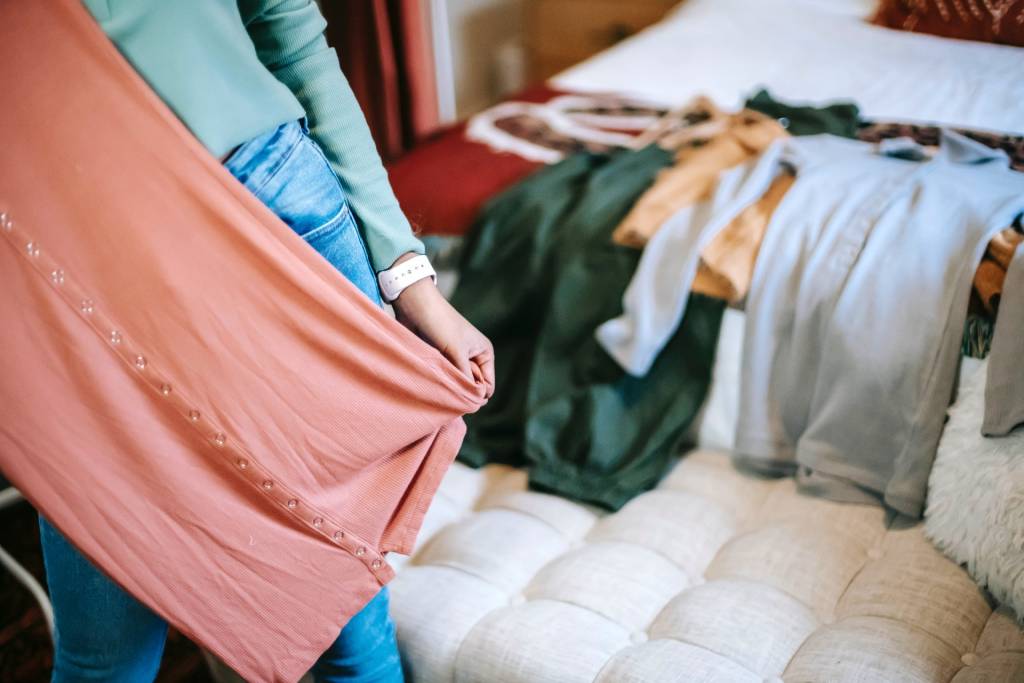Gretchen Neels is the president of Neels & Company. Her company is the leading provider of soft skills training to professional services firms, covering all areas of business communications. Gretchen has over ten years of experience recruiting and retaining top talent at a number of prestigious professional services firms, including Bain & Company, Bank of America and Gordon Brothers.
Gretchen’s company offers two amazing products: Business Etiquette 101 & 102. 101 focuses on the basics for new professionals, and those who may need a refresher, on what’s acceptable and what’s not in the workplace. 102 is more candid and on-target advice to help beginners and veterans alike navigate the unwritten code of corporate protocol.
Me: What exactly are soft skills? How are hard skills different? Why do we, as brands, need both?
Gretchen: Soft skills are the opposite of hard skills. Hard skills are technical skills that identify people in certain industries. Soft skills are what we all need to use to get along with each other, such as emotional intelligence, a sense of humor, manners and observing the proper way to act in a given setting. Technical skills position you as competent, but soft skills allow you connect with your client and with co-workers.
Me: Why do young professionals need to be careful when communicating with older generations in the workplace?
Gretchen: There are 4 generations working under one roof. Traditionalists, baby boomers, Gen-Y and Gen-X. They all have different ways to communicate. Gen-Y uses technology as a mother tongue. They communicate through IM, whereas the older generations are more about “face time.”
Me: What’s your story and how would you describe your brand in as few words as possible?
Gretchen: I’ve been in recruiting and retention for along time and saw that a lot of people who had the hard skills didn’t get jobs. I felt really bad and thought they were great people, but if they had eye contact or confidence, they would have made it. I created a business that would teach these skills to people. My brand helps individuals and organizations improve performance through soft skills training.
Me: I notice that your company has a great “brand statement” and I just posted about how every individual needs a “personal brand statement.” What I tell everyone is that you need to be the best at something to a specific audience. Can you explain yours in more depth?
Gretchen: I started my career after college working at a big New York firm, where i got excellent training. When i started to go into business for myself, I saw the opportunity and importance to find a niche and do what I was most comfortable with. I wouldn’t be as comfortable in the food service industry, but I can mesh well with law firms, consulting firms and banking.
Me: You were recently quoted in the Wall Street Journal, in an article called “Law Without Suits: New Hires Flout Tradition.” Can you explain what the article was about, how you were positioned and how it impacted your personal brand?
Gretchen: It was a really strong article talking about how senior leadership at law firms is really at a loss. They have young people coming into their firms that are not dressing appropriately. They need the soft skills training. The writer, Christina Brinkley, reached out to me and asked me about my work with law firms. When I do practice interviews at schools, I’m coaching them before they even enter the workplace. It was a great article and I received a lot of feedback about it.
Me: What suggestions do you have for people my age versus the older generation. What is your top 5 list?
Gretchen: Buy the best clothes you can afford and be conservative because that will give you the credibility you need. Listen to what everyone has to say when you start your job. Don’t act like a know-it-all because that’s the worst thing you can do to yourself. “Dress for the job you want, not the job you have.”












